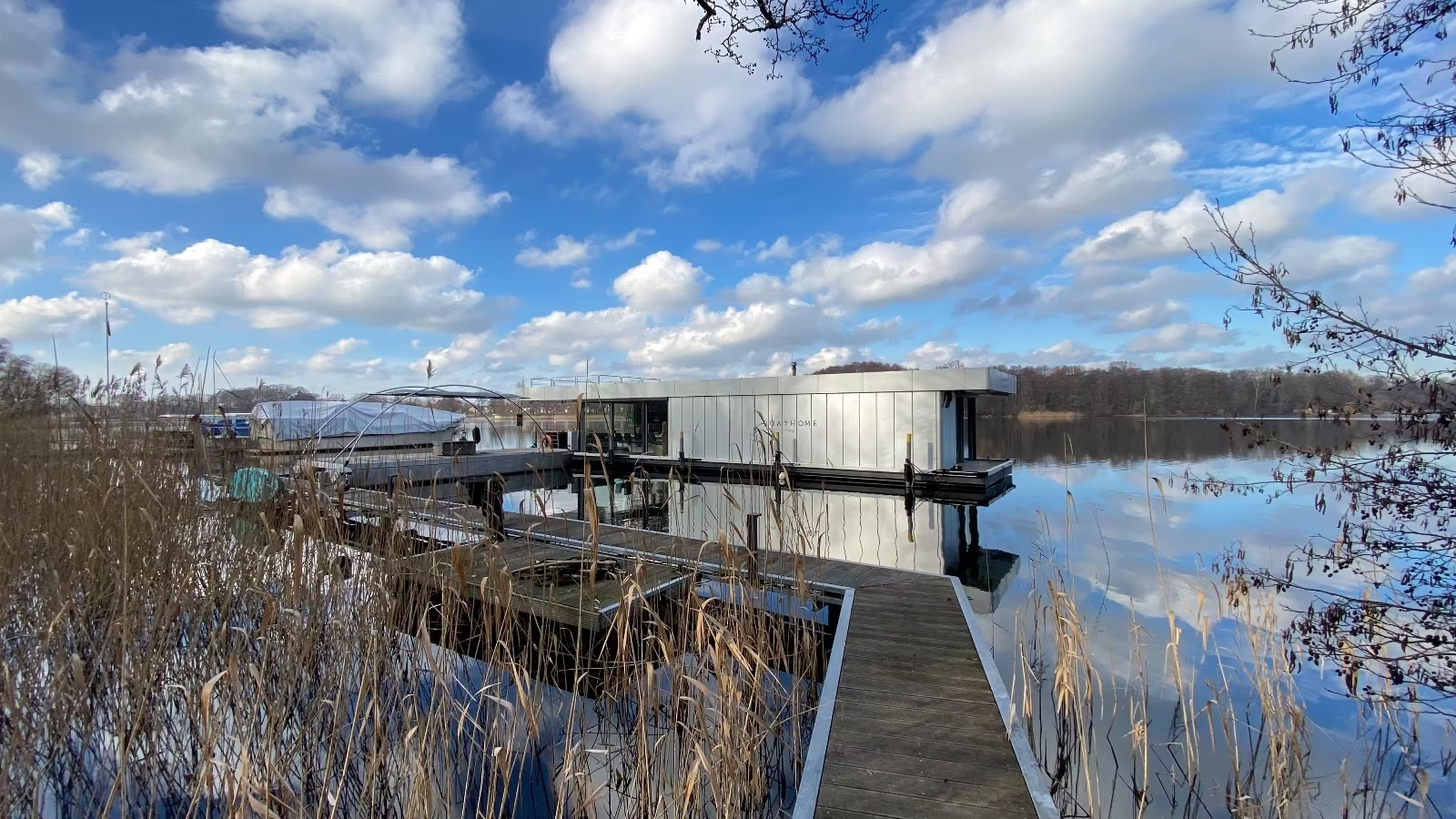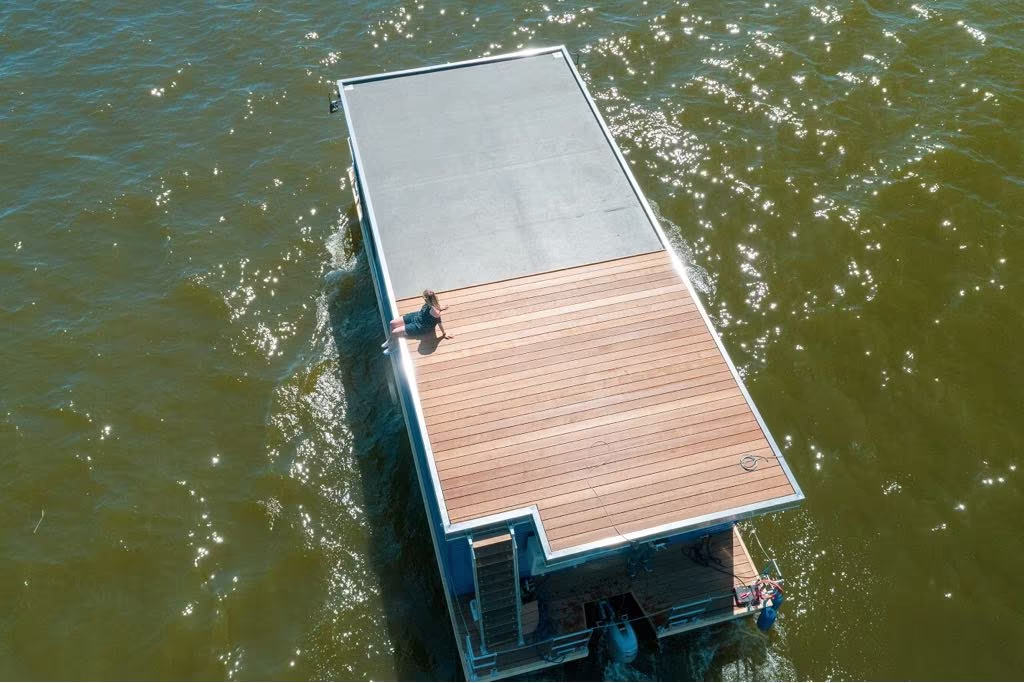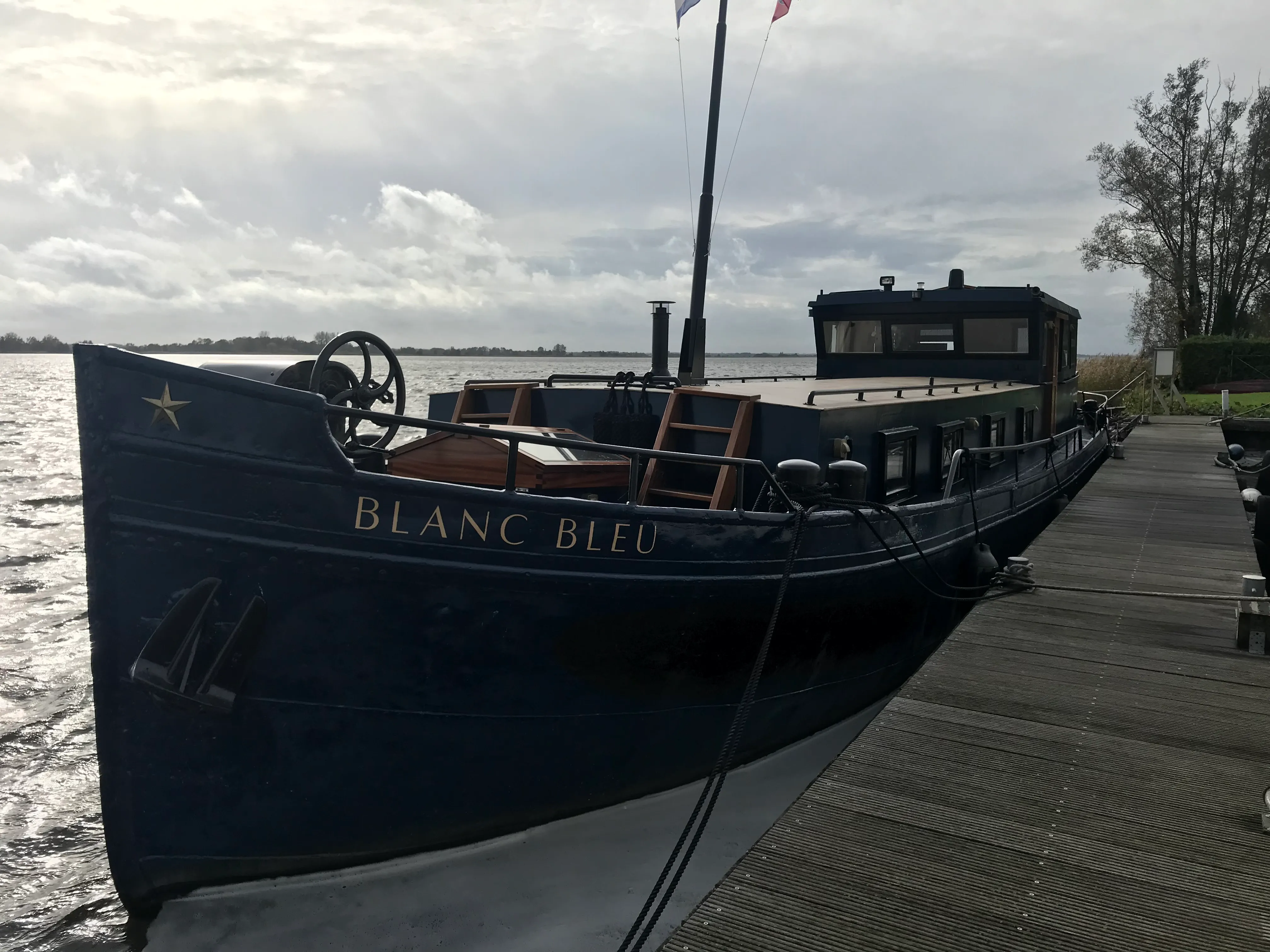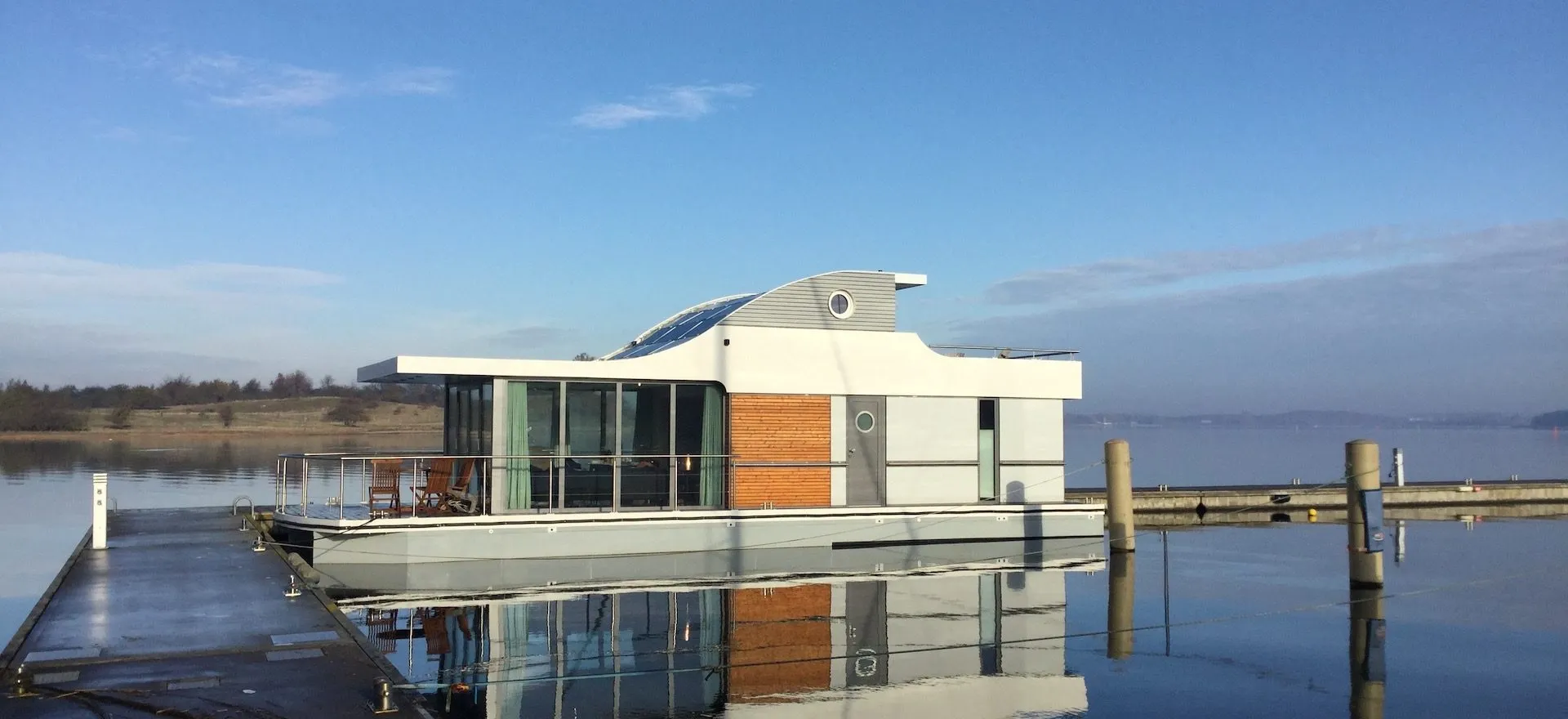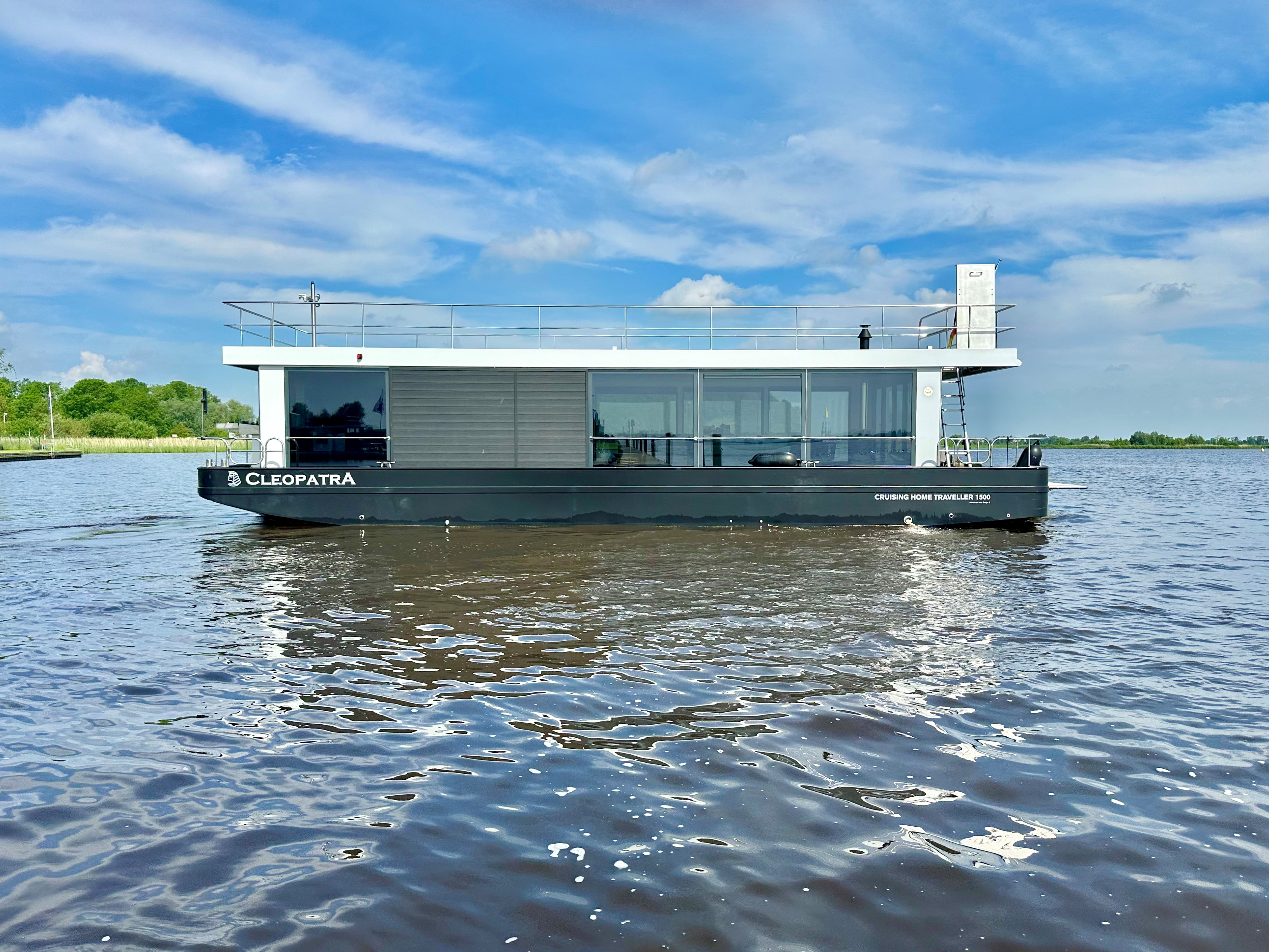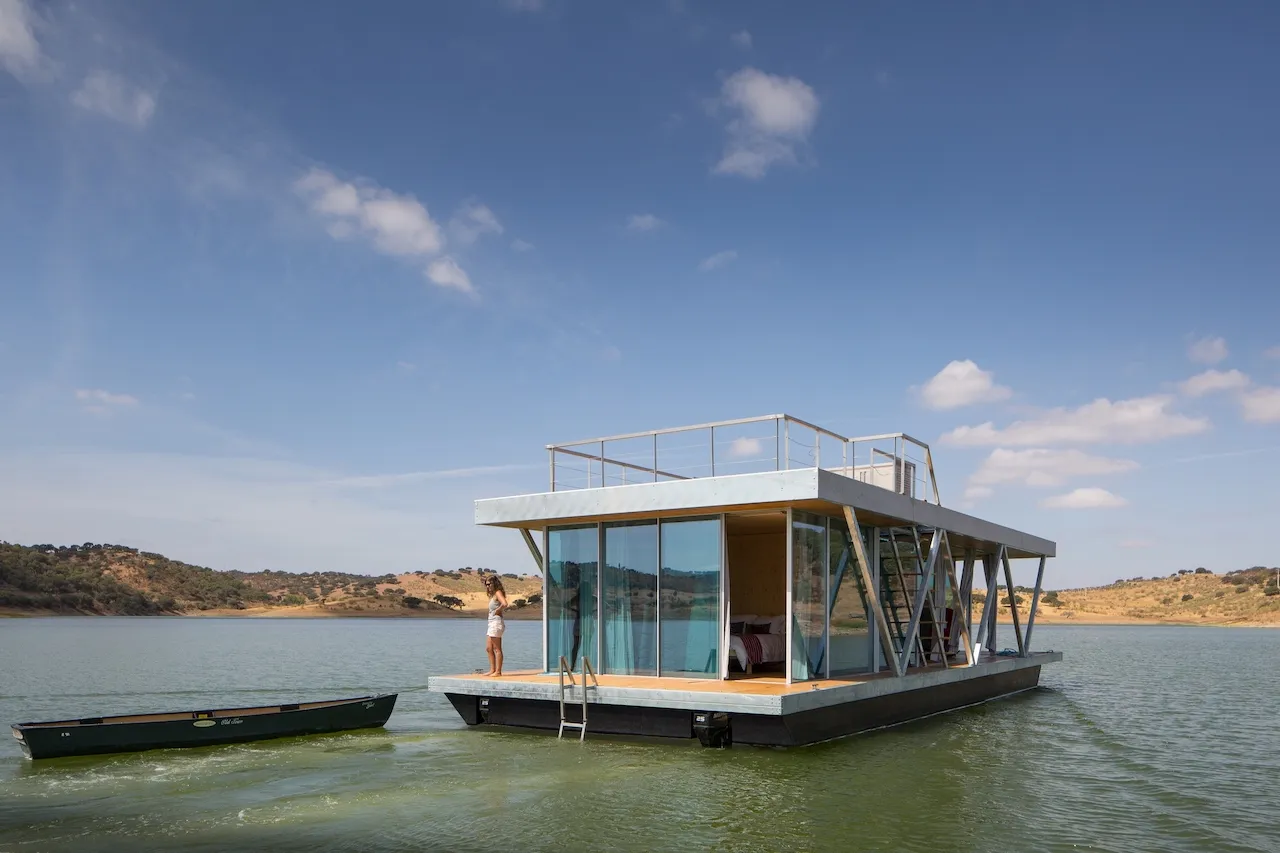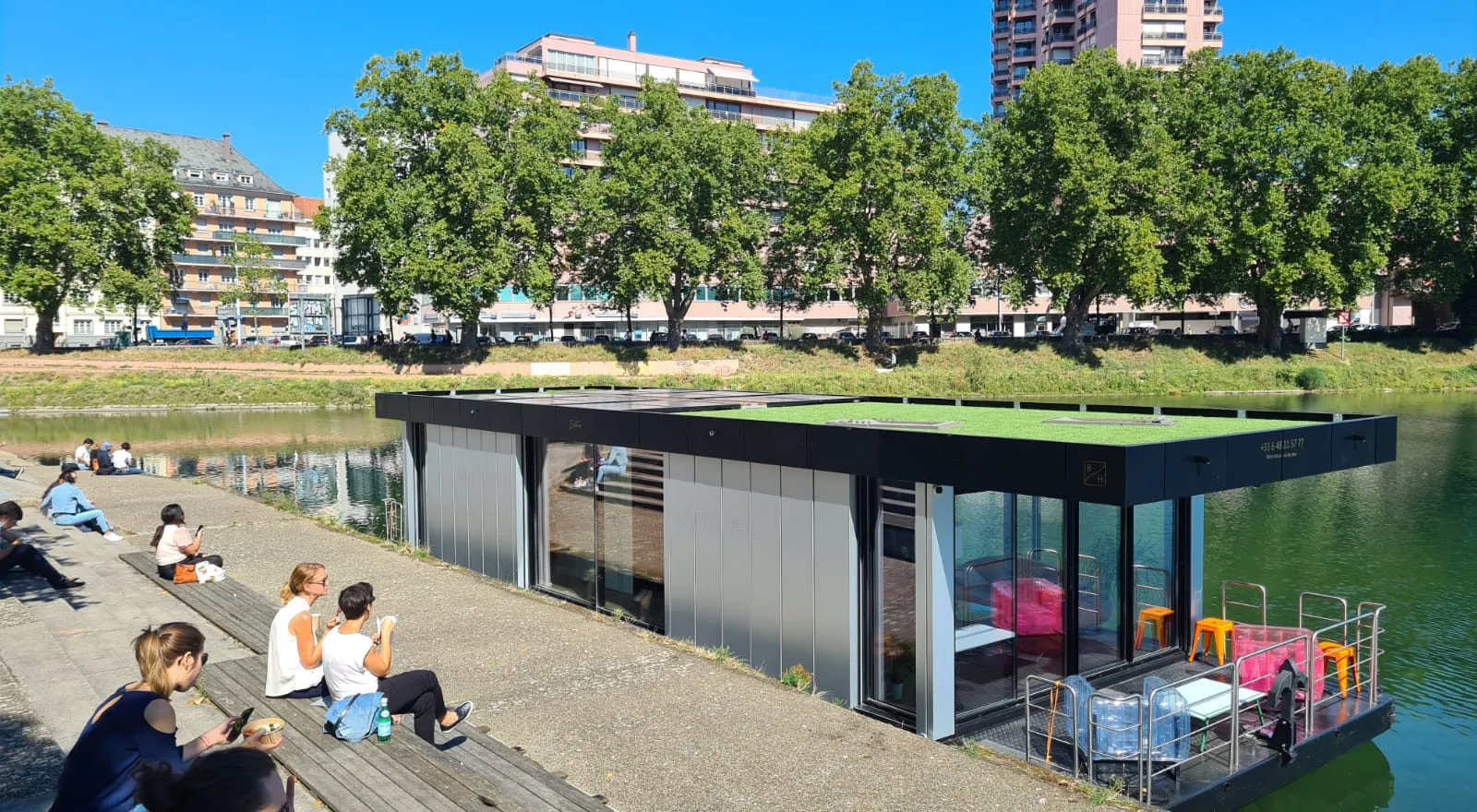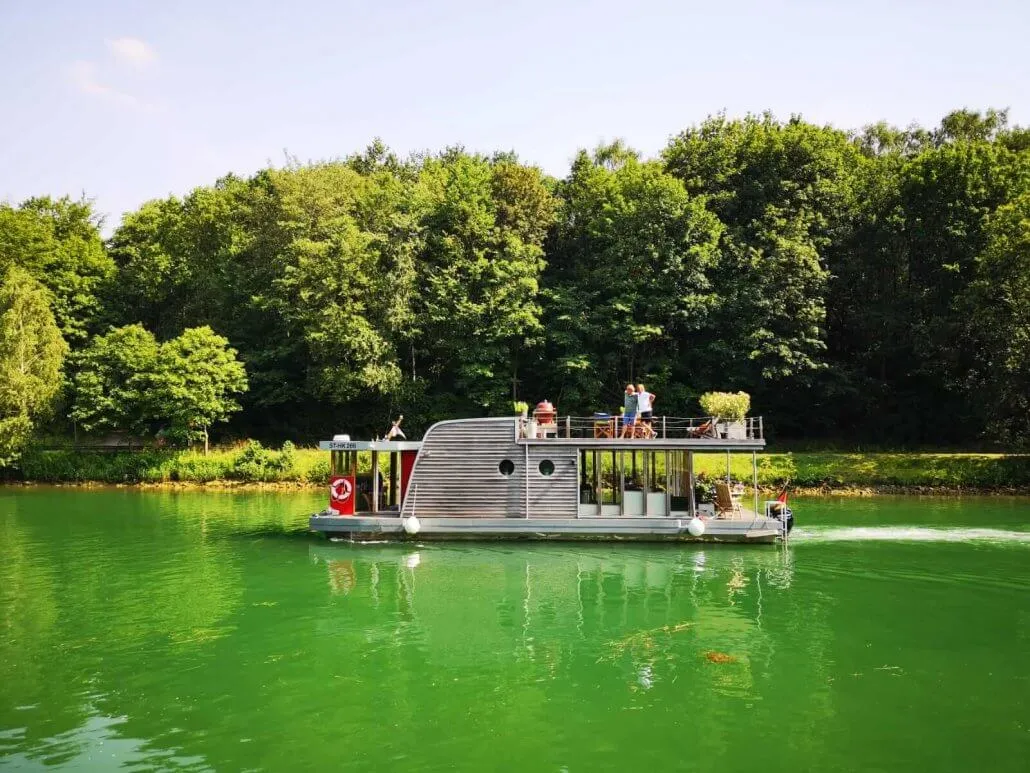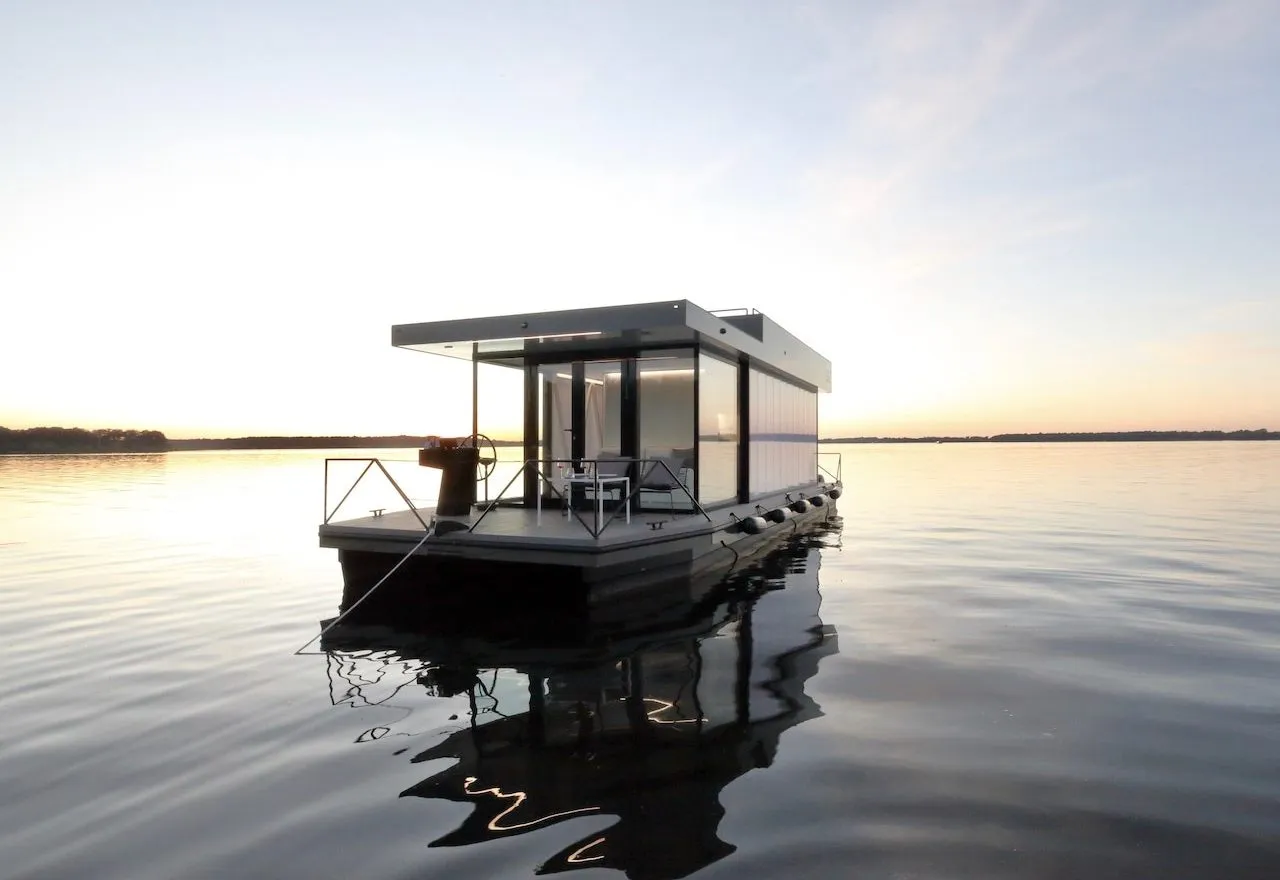
Houseboat berths
Houseboat mooring: How do you choose a marina and a berth?
Before you a Buy a houseboat, it is recommended to think about your Houseboat mooring/home port to make. Choosing the right houseboat is of great importance, as is choosing the right marina/berth. Without a berth, the idea of a houseboat remains a dream. It is advantageous that local conditions can be taken into account during construction planning during the preparation phase. The reason I say the “right marina” is also because it can play an important role in how you use your houseboat. You're likely to have different choices, some close by and others a bit away.
Houseboats with berth
Would you like a marina close by or a farther away?
When choosing a marina for your houseboat, you should consider what your intended use might be. Are you planning to live, spend the weekend on the beach with your houseboat, anchor overnight, visit local attractions, make small trips or go on big trips? It is recommended to think about the advantages and disadvantages of speed, time, distance and fuel costs. Your ideal Houseboat mooring should be centrally located according to your intended use, as the amount of travel time and your estimated fuel calculation have an impact on your operating budget. For example, if you plan to go to the houseboat every weekend, you should calculate whether it is better or less expensive to use the car for 2 hours or steer the boat for 15 minutes, Versus drives the car 1 hour drives the boat 3 hours.
Which port environment/infrastructure do you want to use in a marina?
Not all marinas are the same, and finding the right one can make your stay pleasant or unpleasant. Here you should decide whether you want to use a quiet marina, a family marina, a marina with a party atmosphere or a marina with everything your heart desires (this will probably be the most expensive).
How well would you like to technically equip your houseboat?
Do you want to live independently or depend on the technical conditions on the jetty? If the second is the case, electricity, water supply and sewage disposal are required on the jetty. If the bridge has a power connection, it must first be clarified what type of electricity is available (single-phase AC connection 16 amps or a three-phase alternating current as you know it from the household). Electric cooking and baking is only possible with three-phase current, an alternative would be to cook with gas, as there are only 16 amps in most marinas. You should also pay attention to the water supply when choosing the right houseboat berth. If you want to use the boat all year round, an insulated water pipe is essential; in the warm months, however, a hose on the dock is sufficient. If you have sufficiently large water tanks on board, a selective supply without a fixed connection is sufficient. If you have a sewage treatment plant on board, as well as a water treatment plant, the points listed above are omitted. Wastewater disposal also depends on how your boat or marina is equipped. If tanks and pumps are disposed of in the public sewer system, they must be of sufficient size. Extraction systems are also a solution that work well when they are close to the jetty/boat. Disposal ships are also an option, but keep in mind that the journey involves significant costs, but you may be able to reduce them by sharing them with other houseboats from the area. For floating houses, the rules are somewhat different; here, it is required by law that your house must be connected to the public sewer system. The costs of developing the berth are to be borne by the owner himself.
You can choose between different berths, but which is the best?
Being a newcomer to a marina can mean that you only have a few options when it comes to available seats. Here are a few pointers to help you between a few houseboat berths to be able to decide. We know that the sun rises in the east and sets in the west. This can help you decide whether you want a sunrise in the morning, at the bow or stern of the houseboat. If the prevailing winds are mostly from the west in your area, you can try to choose a location that benefits from the westerly wind to allow you to dock more easily. The wind direction can also “come into play” when you get smoke from your grill into your boat.
How far are you from the “breakwater” when choosing a berth?
The reason is that passing boats from the open water or boat channel can cause some waves and then they reach the marina. A final point you might want to consider is when windy, rough weather occurs, is it waves that shake your houseboat? Would you prefer to have these on the bow or stern as opposed to swinging on the port or starboard side.
Checklists for the optimal houseboat berth
- 24-hour/7-day security solution
- full-service fuel docks
- Pumping devices
- clubhouse
- parking spaces
- Toilets/showers
- dog-friendly
- portable pump outlet devices
- Service or repair facilities
- grocery
- Boat parts warehouse or equipment
- guest berths
- Cable TV or Wi-Fi Internet access
- winter or storage rooms
- Small boat rental
- restaurant or snack bar
- swimming pools
- tennis courts
- children's playgrounds
- In which direction is the berth laid out?
- Where is the sunny side?
- Where would I like to have the sun and when?
- Where is the best view when I look out my window?
- What is the access to the ship or marina, are there parking spaces?
- How easy is the berth accessible by public transport?
- Are there shopping opportunities nearby?
- How important is the neighborhood?
- What happens at and around the berth at different times of the day and week?
- What are the flood times in spring and autumn?
- How do I dispose of the waste water?
- Can I live independently?
- Do I need a shore power connection?
- How many amps do I need?
- Single-phase alternating current max. 16 amps
- Three-phase current (house connection) = three-phase alternating current (important if you want to cook and bake electrically
- How do I dispose of the settling solids?
- How much does the annual filter replacement cost?
- What are the costs for electricity, water, sewage, parking and garbage disposal as well as the rent for the berth?
- Can you dispose of it in the sewer system with a pump?
- Is there an extraction system in the port and if so, how far away is it?
- Can a disposal vessel do the vacuuming?
- How far does it have to travel and how much does it cost?
- Can I team up with other houseboat owners to vacuum and order?
- Hose-off the bridge
- Connection to urban infrastructure = Attention! Compliance with regulations
- Do I have a water tank and how is access to the water network?
- Standing inland water (lake or canal section)
- What is the water quality?
- Does water tilt in summer due to lack of oxygen?
- What is the insect situation?
- Flowing waters Watch out, flotsam! In addition, the ship is moving a bit more.
- tidal waters
- How strong are the ebbs and flows?
- Are the jetty and mooring designed for the different heights?
- What is the draft of the boat?
- How sturdy is the jetty, can I carry heavy, bulky things over it?
- Is it slip-resistant and accessible even in winter?
- Can it also be used by small children and dogs?
.jpg)
Feel free to contact me and I will recommend to you which investment may be the right one for you based on your key data and wishes.
contact
